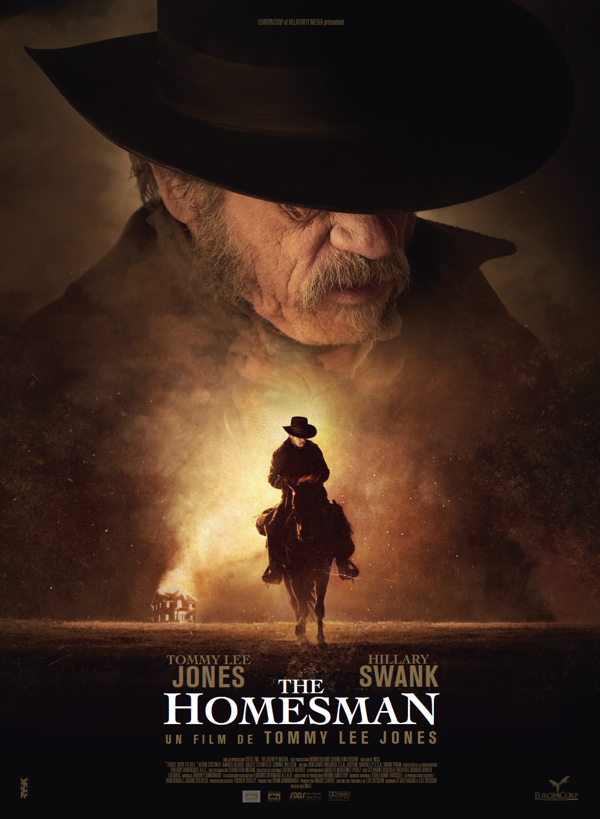Tune In For The ‘Stories We Tell’
Stories
We Tell: 4 out of 5
Michael
Polley: My god all this stuff we’ve been
joking about for years is actually true.
This has not been by
choice or any reason in particular, but I have not seen too many documentaries
so far this year. That said, I was fully
willing to embrace a new film from director Sarah Polley, which happens to be a
documentary about her family. My initial
thought, upon learning about the nature of this documentary, had me wondering
why a film like this would need be made, let alone why would it be
compelling. It is somewhat surprising
that Stories We Tell is as compelling
as it is. I say “somewhat” because the
film has near universal acclaim, so I would have, if anything, been more
surprised to not have liked the film.
The film is a documentary, no doubt, but it has a well thought out
structure and presents a story with some turns balanced by the earnest nature
of the people involved and the fact that they are very likable in their
matter-of-fact presentation of the details.
To explain the
narrative of this documentary would be revealing too much, but I will say that
it involves Sarah Polley turning the cameras onto her own family and
interviewing them about their memories, mostly concerning her mother and
father. We learn lots of details about
the various relationships in the families, where these people are coming from,
and what it means to discover certain truths and how that affects these
relationships. There is lots of archival
footage present throughout, along with the interviews of course, and even
footage from Polley and her father’s recording sessions, as they worked on
adding the narration to the film.
There are lots of
details like that last one, which I found made the film incredibly
watchable. That is generally the best
thing I can say about documentaries, as the last thing I want, during a
documentary, is to feel like I am being lectured to. Sarah Polley has done a lot to make her
family’s story work as a compelling narrative, based around the structure of a
documentary. There are some surprises
along the way, which includes the very use of this format to create a film, but
it never strays away from the fact that this is all based around a very
personal story that has been turned over for the world to see.
It helps that almost
everyone in this film is incredibly likable, given that all they can do is
express themselves through storytelling directly into a camera. Michael Polley, Sarah’s father, is a
particular highlight, as we get to hear the most from him, as he both narrates
the story and is heavily involved with what is coming from the story we are
told. This makes sense of course, but
based on watching and listening to him, it is clear why Sarah Polley believed
this would work very well as a basis for a narrative. The way this film balances the story of
Michael being an actor versus the way he describes himself and how we see him
allows us to see a lot of depth in this person, which should go without saying,
as this is a real person and he is baring his soul on screen in the form of a
filmed memoir.
Polley’s approach, from
a technical standpoint, is pretty great here.
Describing why could potentially be a spoiler as well, so I will just
say that she continues to prove herself as a director who knows how to work
well with the medium, finding creative and innovative ways to tell a
story. Her use of archive footage and
how she blends it with the modern day has a lot to do with why this is a
documentary worth watching. Add to that
an appropriate soundtrack the recalls the seemingly simple times that her
parents grew up in, which accompanies a lot of the footage seen and you have a
film that really does its best to stand out as a documentary, despite not
dealing with something that is seemingly more “important” for filmgoers to
watch.
That is a weird sort of
thing to say, especially since I do tend to like these “lower stakes”
documentaries more than the ones dealing with world issues or something similar
in tone. These sort of personal stories
make for a good way to allow an audience in on something they otherwise would
not have known about and the fact that a film like this or Searching for Sugar Man or Man
on Wire can make for a compelling film experience, while also offering a
lot in the way of having a positive film experience. Stories
We Tell has a story good enough that it could be adapted into a feature
film, but it is a very well made documentary.
It is sincere and emotional for the people involved, but also a doc that
can leave you smiling.
Michael
Polley: When you’re in the middle of a
story, you aren’t in the middle of a story at all, but only a confusion; a dark
roaring, a blindness. It’s only
afterwards that its anything like a story when you’re telling it to yourself or
someone else.
Stories We Tell is
currently available on VOD
Check
out the film’s trailer here:
Aaron
is a writer/reviewer for WhySoBlu.com.
Follow him on Twitter @AaronsPS3.
He also co-hosts a podcast, Out Now with Aaron and Abe, available via iTunes or at HHWLOD.com.
He also co-hosts a podcast, Out Now with Aaron and Abe, available via iTunes or at HHWLOD.com.










Comments
Post a Comment